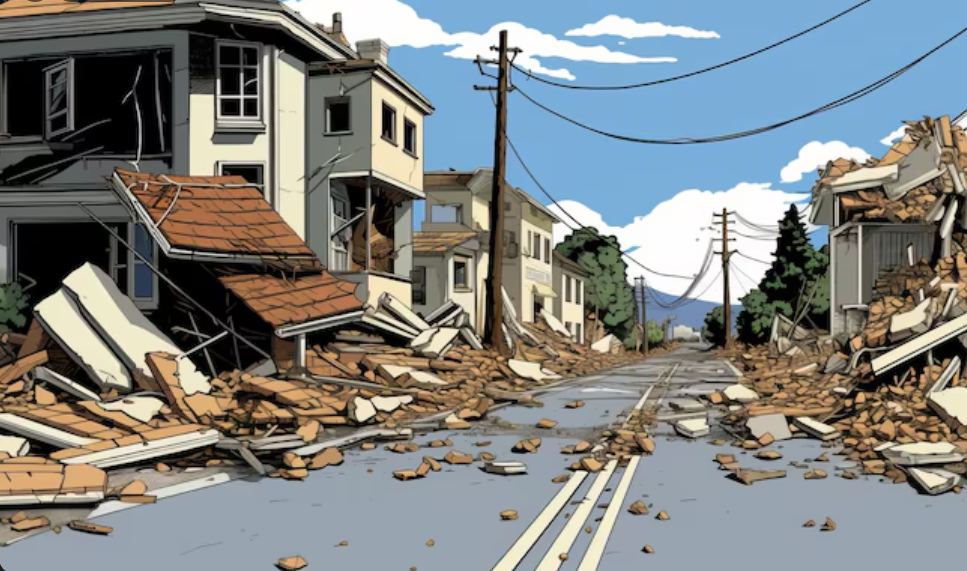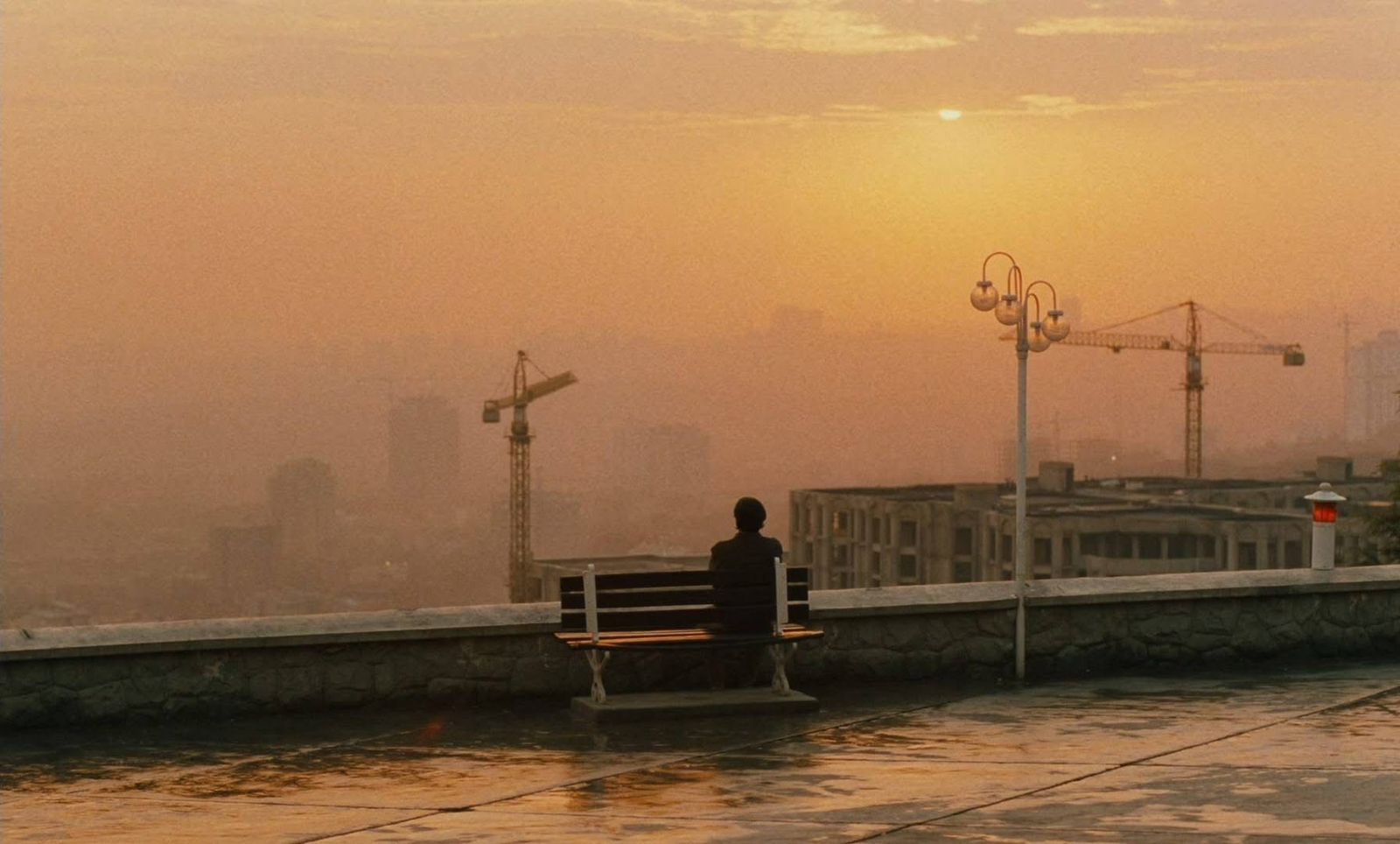Why Bangladesh Is Facing Frequent Earthquakes – Simple Explanation

In recent months, many people across Bangladesh have felt repeated earthquakes and mild tremors. From Dhaka to Sylhet, these shakes have raised questions and concerns among the public:
Why are earthquakes happening so often?
Is Bangladesh becoming more vulnerable?
What does science say?
Here is a clear, simple breakdown based on geological facts and expert explanations.
1. Bangladesh Sits on an Active Earthquake Zone
Bangladesh lies between three major tectonic plates:
- Indian Plate
- Eurasian Plate
- Burmese Plate
These plates constantly push against each other beneath the surface. When they release stress, the ground shakes.
This is the main reason our region feels frequent tremors.
2. Sylhet–Assam Region Is Extremely Sensitive
The northeast part of Bangladesh is connected to the Shillong Plateau and Assam Seismic Zone, one of the world’s most active earthquake belts.
When this region experiences even a small movement, the vibration travels to:
✔ Dhaka
✔ Mymensingh
✔ Chittagong
✔ Cumilla
✔ Gazipur
That’s why large populations feel even mild quakes.
3. Underground Stress Has Been Building for Years
Scientists say a massive amount of tectonic pressure has been accumulating under eastern Bangladesh and Myanmar.
This area is called the “Locked Zone.”
Because the plates are stuck and unable to move freely, pressure grows silently.
Small tremors are often a sign that the plates are trying to adjust.
4. More Sensors = More Earthquake Reports
Bangladesh now has more seismic monitoring stations than ever before.
This means:
- Small quakes that went unnoticed earlier
- Are now recorded and published instantly
- Creating the impression that earthquakes are happening “more frequently”
In reality, many of these tremors were always happening — we just track them better now.
5. Changing Soil Structure in Dhaka Makes Shakes Feel Stronger
Dhaka is built on soft alluvial soil, which amplifies vibrations.
So even if the epicenter is far away or the quake is small, the city feels it strongly.
This is why:
A 3.5 magnitude quake in Sylhet can shake Dhaka more than expected.
6. Climate Change Does Not Cause Earthquakes
Many people think weather changes trigger earthquakes — but science says otherwise.
Earthquakes only occur due to underground tectonic movement, not:
- Rain
- Heat
- Cold
- Cyclones
- Seasonal change
However, extreme weather can affect landslides, which sometimes follow earthquakes.
Should Bangladesh Worry?
Bangladesh is located in a high-risk seismic zone.
Large-scale earthquakes have occurred in this region in the past, and geologists believe another major earthquake is possible in the future.
But the exact time cannot be predicted by anyone.
How You Can Stay Safe
During an Earthquake:
- Stay away from windows and heavy furniture
- Hide under a strong table
- Avoid elevators
- If outside → stay in an open space
After an Earthquake:
- Check for gas leaks
- Stay away from weak buildings
- Avoid rumors
- Follow official updates only
Earthquakes in Bangladesh are not a new problem — but awareness, preparedness, and accurate information can greatly reduce the risks.
Understanding why these tremors happen helps everyone stay calm and alert.
Stay informed. Stay prepared. Stay safe.
Latest Articles
Latest News
 Venezuela to Export $2 Billion in Oil to the US in Landmark Deal With Washington
Venezuela to Export $2 Billion in Oil to the US in Landmark Deal With Washington
 Khaleda Zia Dies at 80 as Bangladesh Mourns Its First Female Prime Minister
Khaleda Zia Dies at 80 as Bangladesh Mourns Its First Female Prime Minister
 Google Finally Lets Users Change Their Gmail Address Without Losing Data
Google Finally Lets Users Change Their Gmail Address Without Losing Data
 History Made at MCG as 94,199 Fans Create Biggest Single-Day Crowd in Ashes History
History Made at MCG as 94,199 Fans Create Biggest Single-Day Crowd in Ashes History
 Facebook Tests £9.99 Monthly Subscription to Limit External Link Sharing
Facebook Tests £9.99 Monthly Subscription to Limit External Link Sharing




